Modi rejects farmer protests over controversial laws as politically motivated
India’s Prime Minister Narendra Modi has dismissed as politically motivated recent protests by farmers against three laws enacted by his administration while boasting the success of an agricultural plan initiated last year.
"All these people who are protesting in support of farmers, what did they do when they were in power?" Modi said during his virtual public address on Friday, referring to opposition politicians. "Those with political motives...are firing the gun from the farmers' shoulders."
The ultra-nationalist president repeatedly alleged during his speech – which was not focused at all on the controversial laws -- that "some people" were spreading lies and rumors about the farmers' troubles, dismissing the massive protests across the populous South Asian nation as motivated by political opponents.
Modi further claimed he was open to discussions with farmers, saying: "I ask even those opposing me today, that my government is ready to talk to them on farmer issues...I urge our farmers to not be misled by anyone."
This is while at least six rounds of talks on the new laws between Modi's administration and farming leaders have failed.
The development came as thousands of farmers, from several Indian states, have been encamped on the outskirts of the nation’s capital, New Delhi, for over a month, blocking highways to demand that the right-wing government repeal the farm laws passed in September – which they insist threaten their livelihoods.
During his staged address, Modi spoke via video conferencing to only seven farmers from different states, asking them how they had benefited from 'PM Kisan' - a cash transfer scheme his government launched in February, 2019, under which farmers purportedly receive minimum income support.
Although the farmers Modi spoke with on Friday commended his scheme, none of them, however, were among the thousands protesting the contentious laws.
The Indian premier also used his speech to undermine his political rivals, mainly the furious leader of West Bengal, Mamata Banerjee, ahead of legislative assembly polls in the state due to be held in 2021, accusing his government of not allowing the farmers in the state to benefit from Modi's federal scheme.
Modi’s remarks came a day after India's main opposition Congress Party pressed his government to call a special parliamentary session to withdraw the agricultural reform laws, which have triggered massive protest rallies across the country in recent weeks.
“I want to tell the PM that these farmers are not going to go back home until these farm laws are repealed. The government should convene a joint session of Parliament and take back these laws. Opposition parties stand with farmers and laborers,” said the Congress Party’s senior leader Rahul Gandhi, referring to the ongoing protests.
The opposition leader also piled up pressure on the premier by accusing his government of protecting the interests of a specific class of businessmen and capitalists.
In September, Modi’s government passed three laws that it says are meant to overhaul procurement procedures and grant farmers more options to sell their products.
The farmers say the proposed amendments will create an opportunity for large private companies to enter and exploit the entire agriculture sector.
Modi has invited the farmers for more talks after several rounds of negotiation failed to break the standoff.
Farmers union leaders have accused the government of trying to weaken and discredit them by describing protesting farmers as "anti-nationals".
People in several other countries have also been protesting in solidarity with the Indian farmers.
The newly-passed laws could have a significant impact on consumers globally as reliance on India for spices such as turmeric, chili and ginger cannot be taken for granted.
India is the largest producer, consumer and exporter of spices in the world.
It is also the leading exporter of Basmati rice and the world's largest milk producer, according to the country's Agricultural and Processed Food Products Export Development Authority.
More than half of India's working population comes from the agricultural sector, according to the most recent census which was held in 2011.
A 2017 study found that the suicides of nearly 60,000 Indian farmers were linked to rising temperatures and the resultant stress on India’s agricultural sector over the past 30 years.
Hamas thanks Iran, Resistance Front following achievement of ceasefire in Gaza
'Capitulation': Israeli officials and media concede Gaza defeat as truce unfolds
'Gaza has won': Social media users react to ceasefire with mix of relief, joy
Iran seeks South Korea’s assistance for AI, fiber-optic projects
VIDEO | Iran's 'Eqtedar' (Power) maneuver
Israel hits HTS military target in Syria for 1st time since fall of Assad
VIDEO | Press TV's news headlines
Israel has slaughtered 13,000 students in Gaza, West Bank


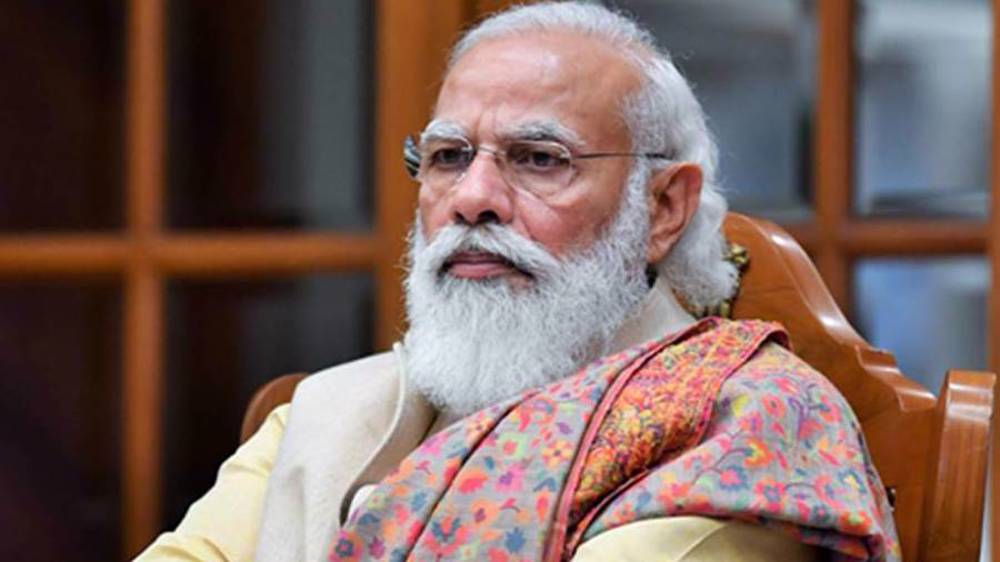


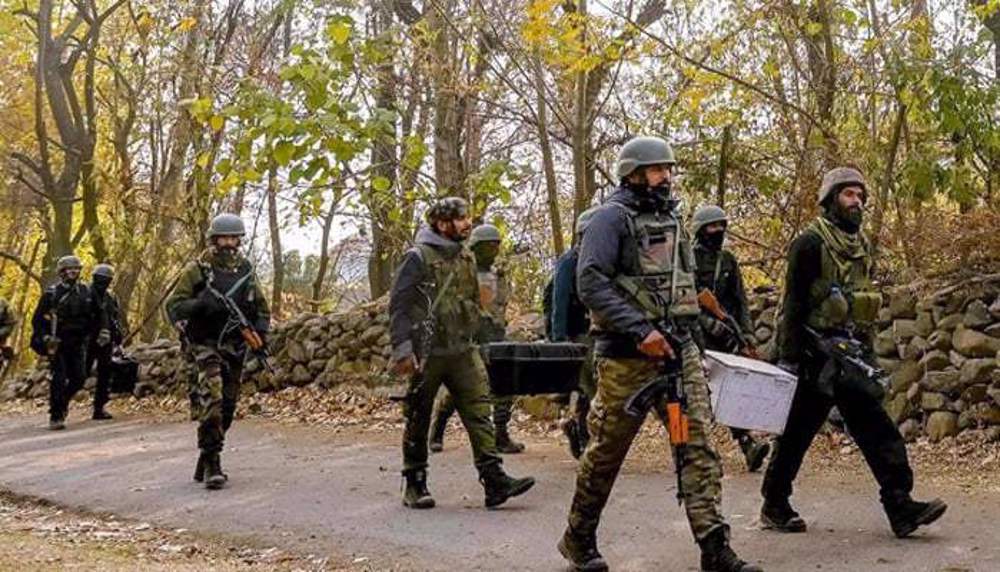
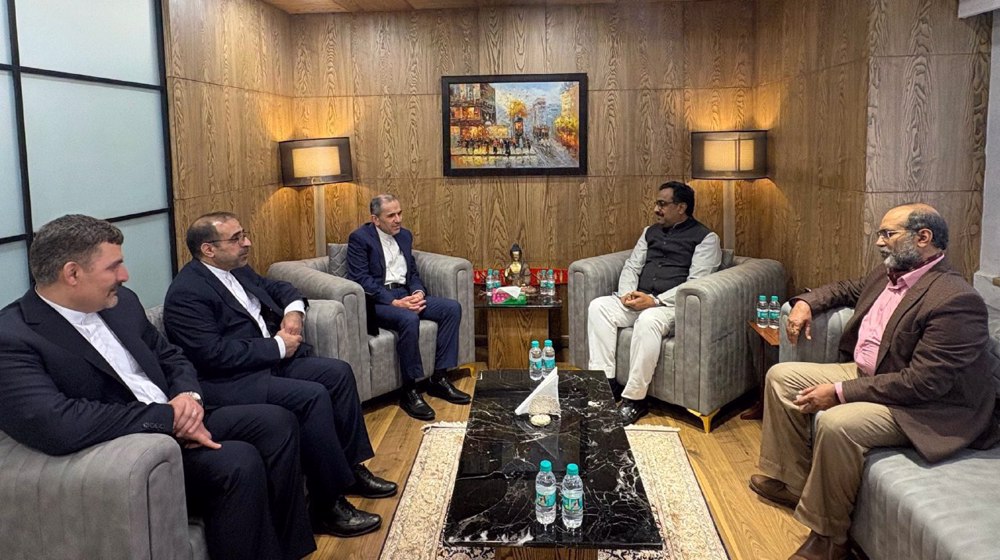
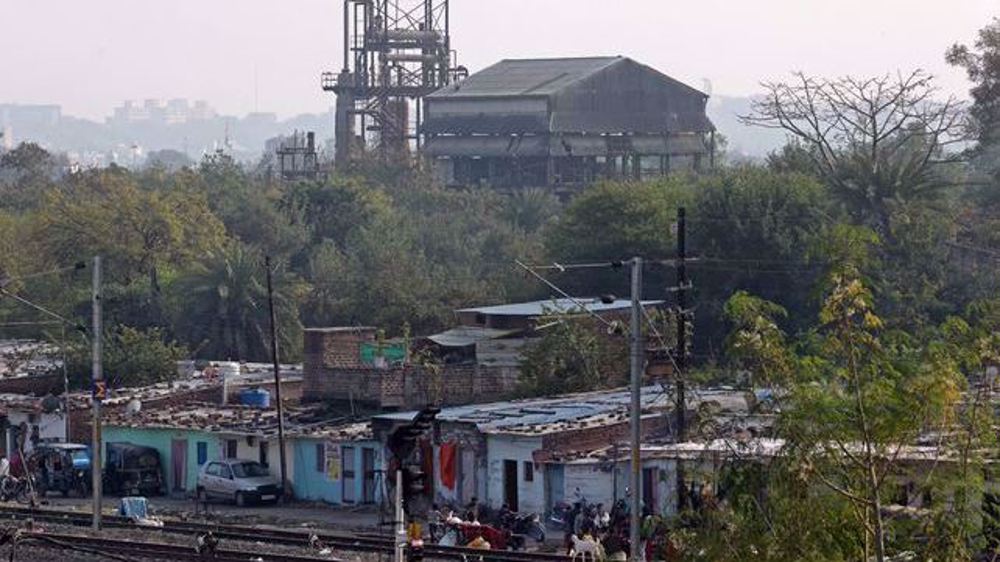



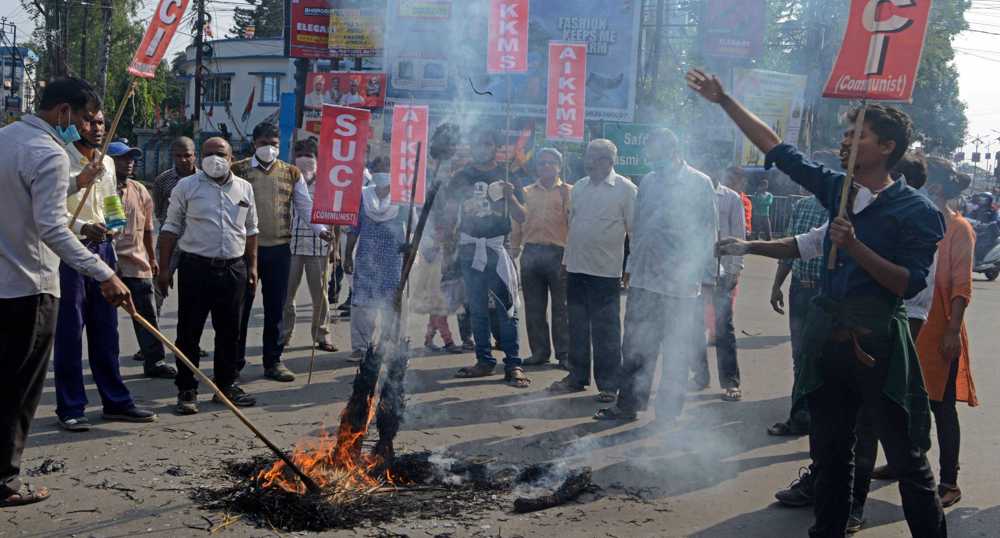



 This makes it easy to access the Press TV website
This makes it easy to access the Press TV website